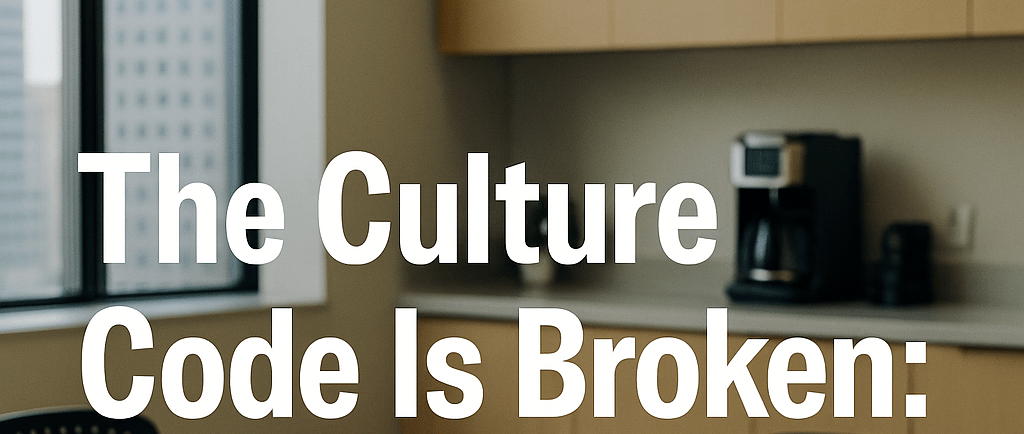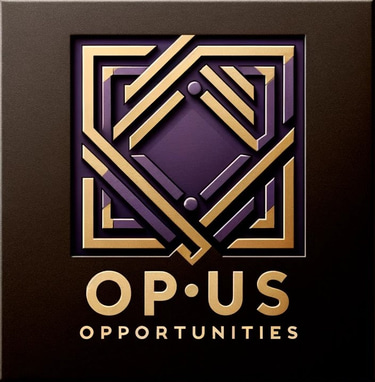The Culture Code Is Broken: Why Perks Don’t Equal Wellbeing
How to Build a People-First Culture That Actually Supports Employee Wellness
Kamy Charles
6/4/20251 min read


We Need to Talk About “Wellbeing Theatre”
Many companies claim to care about wellness.
They offer:
Free apps
Free coffee
“Unlimited” PTO (that no one feels safe using)
Team-building events that leave introverts drained
But these perks often mask deeper problems: 🧨 Overworked teams
🔇 Psychological silence
📈 Hustle-at-all-costs environments
The result? A culture that looks “cool” on LinkedIn—but feels crushing in real life.
---
🎯 The Difference Between Performance Culture and People-First Culture
Performance Culture:
Glorifies constant productivity
Recognizes output, not effort
Prioritizes optics over mental health
Measures value by deliverables and deadlines
People-First Culture:
Normalizes asking for help
Supports flexibility, not just offers it
Centers empathy, autonomy, and recovery
Prioritizes sustainable performance—not burnout cycles
In short, one is extractive. The other is regenerative.
---
💡 Real Wellness Starts With Real Conversations
You don’t fix burnout with yoga classes.
You fix burnout by:
Redesigning roles to match human limits
Creating psychological safety for dissent and dialogue
Respecting off-hours—and meaning it
Promoting leaders who model boundaries, not just talk about them
Because real wellness isn’t a perk. It’s a practice.
---
🚀 Where to Start as a Leader or HR Professional
Ask your team:
What does support actually look like to you?
Where do we unintentionally reward burnout?
How can we co-create a culture that doesn’t just survive—but sustains?
Your culture is more than your brand—it’s your behavior.
---
Final Thought: Don’t Brand Your Burnout
If your culture looks good on paper but people are anxious, exhausted, or disengaged—you don’t need more perks.
You need more humanity.
Let’s build cultures that nourish, not just perform.
